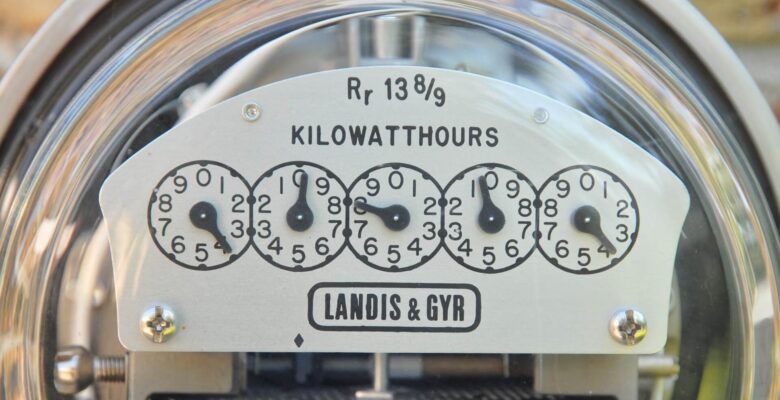
The latest Consumer Price Index (CPI) data released by the Office of National Statistics (ONS) saw inflation reach 7% in March, driven by rising transport and energy costs.
The latest ONS figures reveal inflation to be at its highest recorded level since the measure was included in the National Statistics series in January 1997. Historical modelling suggest year-on-year inflation to also be at a 30 year high, last exceeding 7% in March 1992 (7.1%). The CPI rose 0.8 percentage points from 6.2% in February.

Month-on-month inflation saw the CPI increase 1.1% in March 2022, up from 0.8% in the previous month, and almost four-times the 0.3% month-on-month rate recorded in March 2021.
The largest contributors to record high inflation in the UK remain largely unchanged from the previous month’s figures, coming principally from continued rises in fuel prices, affecting transport costs as well as household utility bills. The cost of clothing and footwear also saw a significant increase in March, although the rate food price rises did slow. Communication was on the product category to see a fall in prices in the latest ONS figures.
With the latest inflation figures only taking into account data collected in March, measures announced in the Chancellor’s Spring Statement such as a cut in fuel duty will largely not be seen in this month’s data. Similarly, the effects of the increased price cap on household energy bills will also not be seen until April figures are revealed next month.
The continued rise in inflation follows warning from the British Retail Consortium that the squeeze on household finances looks set to see the retail sector face further challenges as shoppers are forced to cut down on spending. Previous assessments by the Bank of England, however, has seen their economists predict continued rapid price growth throughout much of 2022.




















 £660 million second Northern Powerhouse Investment Fund launches
£660 million second Northern Powerhouse Investment Fund launches  Bellway partners with mortgage provider to support Cheshire homebuyers
Bellway partners with mortgage provider to support Cheshire homebuyers  Inflation drops to lowest level in nearly two and a half years
Inflation drops to lowest level in nearly two and a half years